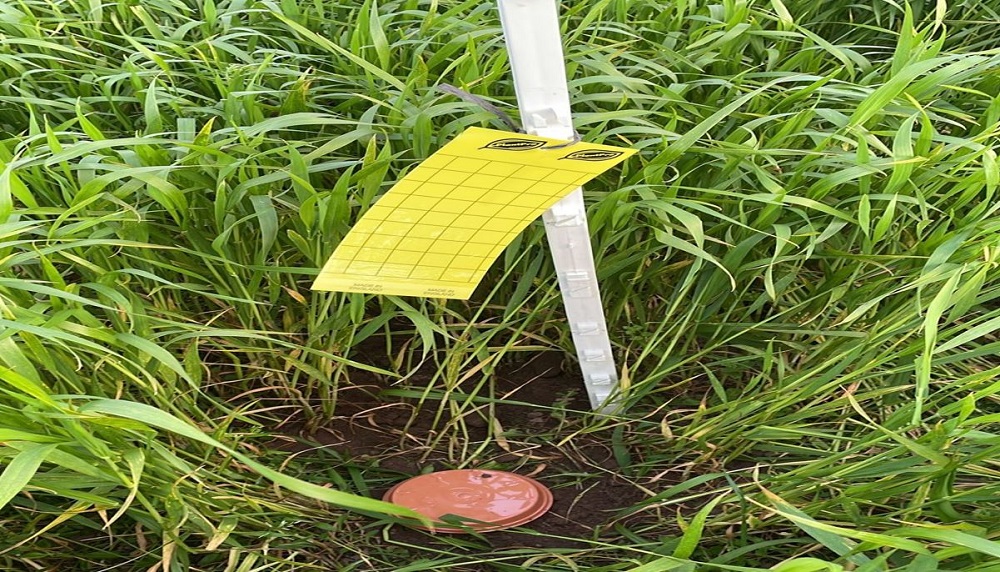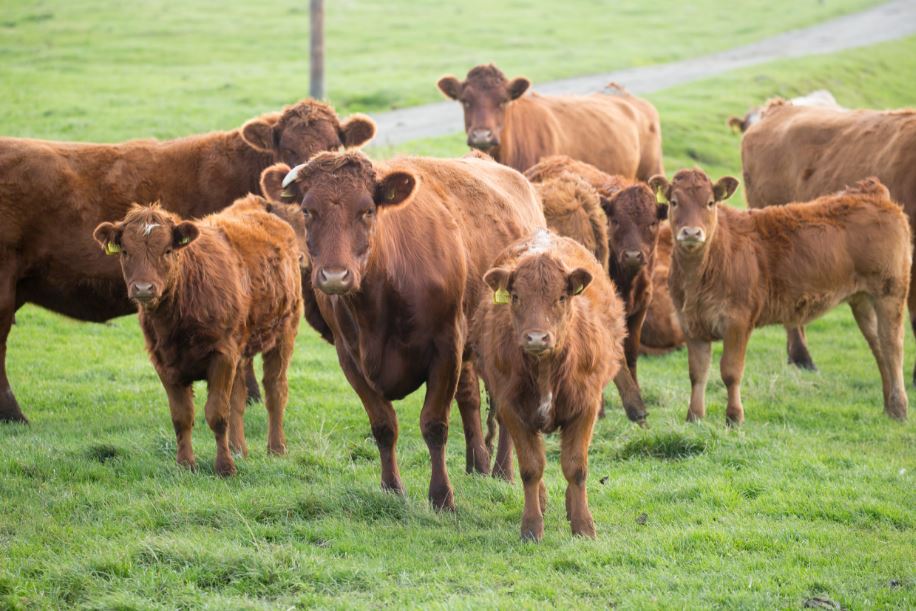- Home
- Knowledge library
- Innovative Farmers field labs
Innovative Farmers field labs
Summary
About this project
The challenge
Change is an essential part of efficient, productive and sustainable farm businesses. Increasingly, many farmers test how one way of working compares with another before making a change. Such tests can yield useful information on the value of certain practices in unique (e.g. rotational, climatic and economic) circumstances. As a result, this process of gathering evidence can help ensure the best decisions are made. For robust conclusions to be drawn, however, it is important that basic research principles are followed. AHDB has long history of investing in scientific research. In recent years, AHDB has encouraged on-farm testing to help extend research into practice (most notably through its Strategic and Monitor Farm programmes).
The project
Innovative Farmers has developed a network of on-farm trials that aims to improve the resilience of farming. Run by groups of farmers and growers on their own terms, each trial is called a ‘field lab’. Since its launch in 2012, over 50 field labs have been supported. Field labs test new tools and techniques that can lead to public, environment and business benefits. The network offers:
- Specialist advice and support to get field labs off the ground.
- Dedicated researcher(s) to help to design, monitor and analyse field lab results.
- Access to a Research Fund grant of up to £10,000 for each field lab trial.
- Dedicated web content for each field lab and a members-only area
- Regular updates and news on other field labs in the network.
- Support with putting the findings into practice on farm and sharing with the wider network.
- Invitations to network events and other field lab open days.
The current phase of funding supports a network of about 185 field labs. It is estimated that AHDB funding will be used to support 11 field labs split across the following sectors: Cereals & Oilseeds (five), Potatoes (two), Horticulture (two) and Pork (two).
Funding will also support communication of findings by Innovative Farmers, through a variety of channels. These include open days, webinars, monthly e-newsletters, social media (e.g. twitter.com/IFarmers), news and features in the farming media and publication of summary materials on the dedicated website innovativefarmers.org. Annual reports will also be produced to outline progress. A final project report will be produced at the end of the work. AHDB will support communication, where appropriate.
Submitting an idea for a field lab
Ideas for field labs come from a range of sources. Although Innovative Farmers actively forms farmer groups, ideas can also be submitted by any grower or farmer on innovativefarmers.org. Groups typically comprise 5–15 farmers.
Each group is allocated a coordinator who plays a vital role. Coordinators support the groups by providing day-to-day organisation.They also make the field lab application, via a standard application form.
Each field lab proposal is screened by the Innovative Farmers steering group. AHDB, BBSRC, Innovation for Agriculture, LEAF, NFU and the Organic Research Centre sit on the steering group to assess research grant applications.
For AHDB-funded field labs, the steering group makes sure each one aligns with AHDB’s strategic objectives. AHDB knowledge exchange and research staff also participate in field labs, where appropriate (this could include acting as a group coordinator). Each proposal is also reviewed by internal and external reviewers (at least one farmer and one researcher unconnected to the group applying). The steering group also oversees the whole Innovative Farmers project and assesses independent evaluation reports.
Each field lab commences with a review of relevant practice and research results. Groups work with an experienced researcher to devise practical research trials. Each lab receives a minimum of 24 hours researcher time and usually runs for one to two years. Once established, groups meet regularly (at least once a year) to plan, implement and evaluate projects.
The work complements AHDB Project 21510025 ‘Fund for on-Farm INNovative research (FarmINN)’, which is based on a more researcher-led approach.
The benefits
AHDB’s crop sectors, covering cereals and oilseeds, potatoes and horticulture, invested a pilot project that started in 2017 and finished in 2018 (AHDB funding £49,000). Benefits of the field labs are described in the Innovative Farmers 2019 field lab journal and 2020 field lab journal.
The direct benefit of each field lab has been estimated to be £8 for every £1 invested. Findings will also be promoted via field lab subscribers. It is estimated that 1,400 farmers (20% of subscribers) will make practical improvements to their businesses as a result of the latest round of investment. Findings will also be shared to a wider potential audience (4.75M) using farmer media.
The project will also provide independent evidence of the impact, strengths and weaknesses of this approach to supporting farmer-led innovation.
Additional information
AHDB funding is split approximately as follows: AHDB Cereals & Oilseed 53%, AHDB Horticulture 19%, AHDB Pork 17% and AHDB Potatoes 11%.
Innovative Farmers is part of the Duchy Future Farming Programme. It is backed by a team from LEAF, Innovation for Agriculture, the Organic Research Centre and the Soil Association.
Ground-truthing research (an article from Crop Production Magazine)
Find a field lab
The following field labs were supported by AHDB as part of the current project phase (activity status accurate as at 31 March 2022).
AHDB Cereals & Oilseeds
Anaerobic digestate: impact on soil microbiology and nitrogen retention by cover crops (concluded in 2021)
Defoliation of winter oilseed to manage cabbage stem flea beetle (concluded in 2021)
Impact of sheep grazing on over-winter cover crops (concluded in 2023)
No-till with living mulches (concluded in 2023).
Flowering habitats for pest control (concluded in 2023), read the July 2022 CPM article or watch a YouTube video overview.
AHDB Potatoes
Establishment of trap crops for the management of potato cyst nematode
Salinity control and drip irrigation for silt soils
AHDB Horticulture
Alternatives to plastic film mulches
Validating carbon sequestration models in orchards
AHDB Pork
TBC (starting in 2023)
Find field labs


/Images/Innovative Farmers field labs 1.JPG)
/Images/Innovative Farmers field labs 2.JPG)
/Images/Innovative Farmers field labs 3.JPG)
/Images/Innovative Farmers field labs 4.JPG)

